Living In Space Transforms Human Beings on a Genetic Level
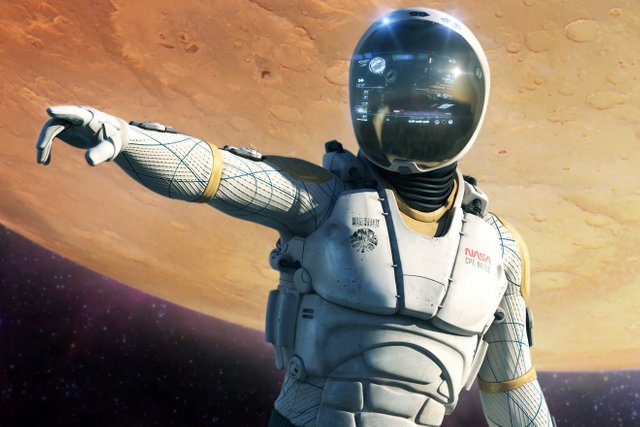
Heading to space is a life changing experience that not everyone is privileged to experience. But who could have thought that it actually changes you on a genetic level?
Thanks to a pair of twin astronauts, Mark Kelly and Scott Kelly, NASA has been able to study the changes to the bodies of those who spend long periods of time in space to a degree that wouldn’t otherwise be possible.
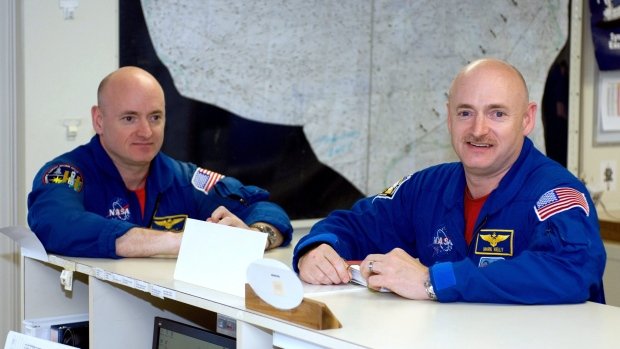
To identify how space changes the human body, researchers had to collect a variety of biological samples from twins Mark and Scott Kelley. While Scott was spending 340 days aboard the International Space Station and Mark was left on the ground. This pair of twins was an excellent subject for this kind of research, because they not only share almost identical genomes, but they've also had similar life experiences since they’re even in the same line of work.
During the evaluation of the brothers’ data, the researchers noticed some striking differences in various biological markers, such as gut bacteria and even chromosomes. One of the most exceptional findings of the testing was that Scott’s telomeres, were longer, though they eventually returned to pre-mission lengths.
A telomere is a region of repetitive nucleotide sequences at each end of a chromosome, which protects the end of the chromosome from deterioration or from fusion with neighboring chromosomes.
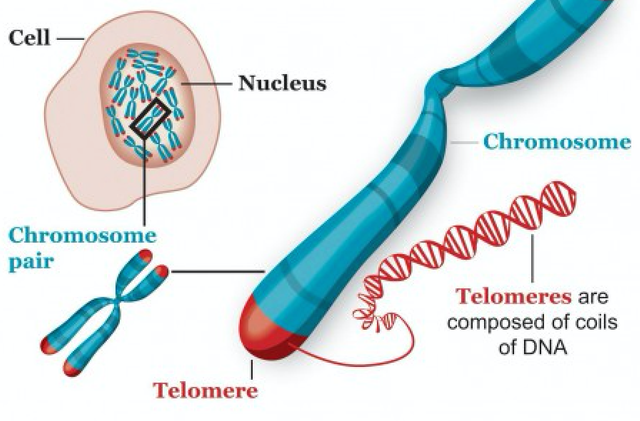
Further research will be done on other astronauts. Also Scott’s DNA methylation levels decreased during his time in space, while Mark’s increased in the same period. Once again, Scott’s levels returned to their baseline levels once he was back on Earth, but researchers aren’t sure what such changes even mean.
DNA methylation is a process by which methyl groups are added to the DNA molecule. Methylationcan change the activity of a DNA segment without changing the sequence. When located in a gene promoter, DNA methylation typically acts to repress gene transcription.
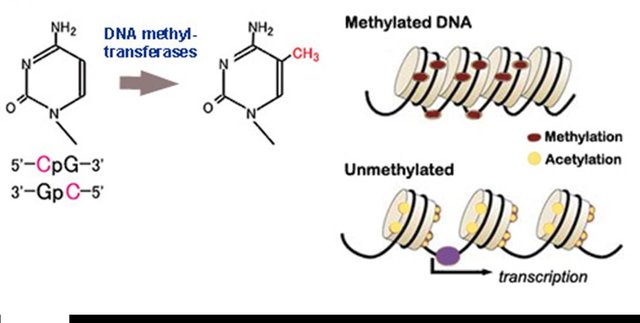
Other studies of how the body fares in space have shown differences in spatial orientation, bone density loss at rates up to 12 times higher than those on Earth, loss of muscle strength, and cardiovascular deconditioning. In this study, however, researchers were able to compare genetic changes with samples from a control, providing a more complete picture of the effect.
There is still much analysis to be made on the data that has been gathered, as well as from data that can be gathered from other astronauts.This reaserch could take a few more years till it is finished. The data are so fresh that some of them are still coming off the sequencing machines. The results have yet to be peer-reviewed and the given volume of data is vast.
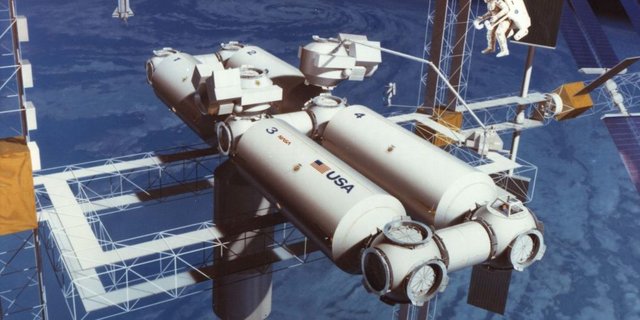
Every day we are geting closer to interstellar travel and space colonisation, which make this kind of work more and more valuable. Knowing what will happen to our astronauts in space, during long journeys is of the utmost importance. We will likely be seeing more people in space, in general, especially with the coming of private space stations on the horizon. Knowing how space affects our bodies is the first step in determining how we can mitigate any deleterious effects for our future adventurers.
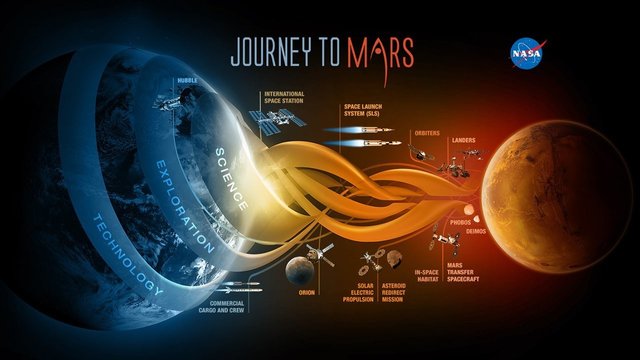
Thanks for reading! Feel free to follow, vote and Re-esteem if you find it useful. You can find more articles here:https://steemit.com/@sungazer13
We should start to solve problems on earth and not how to colonise and destroy other planets
Agreed, but why not do both?
Alright let's destroy both
Resteemed to over 4500 followers and 100% upvoted. Thank you for using my service!
Read here how the new bot from Berlin works.
@resteem.bot
Resteemed by @steemvote - send only 0.5 SBD to get your post resteemed to 1,8K follower and receive Bonus-Upvotes
This wonderful post has received a bellyrub 0.41 % upvote from @bellyrub thanks to this cool cat: @sungazer13. My pops @zeartul is one of your top steemit witness, if you like my bellyrubs please go vote for him, if you love what he is doing vote for this comment as well.